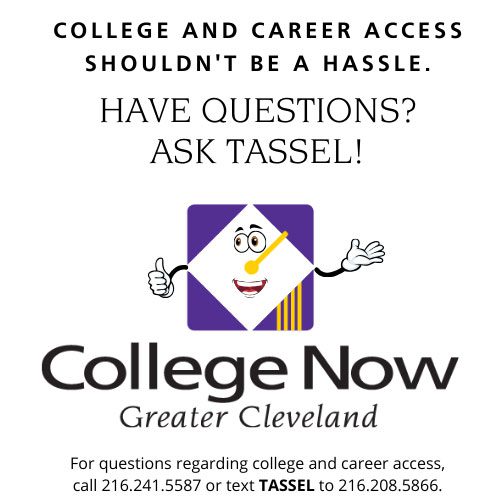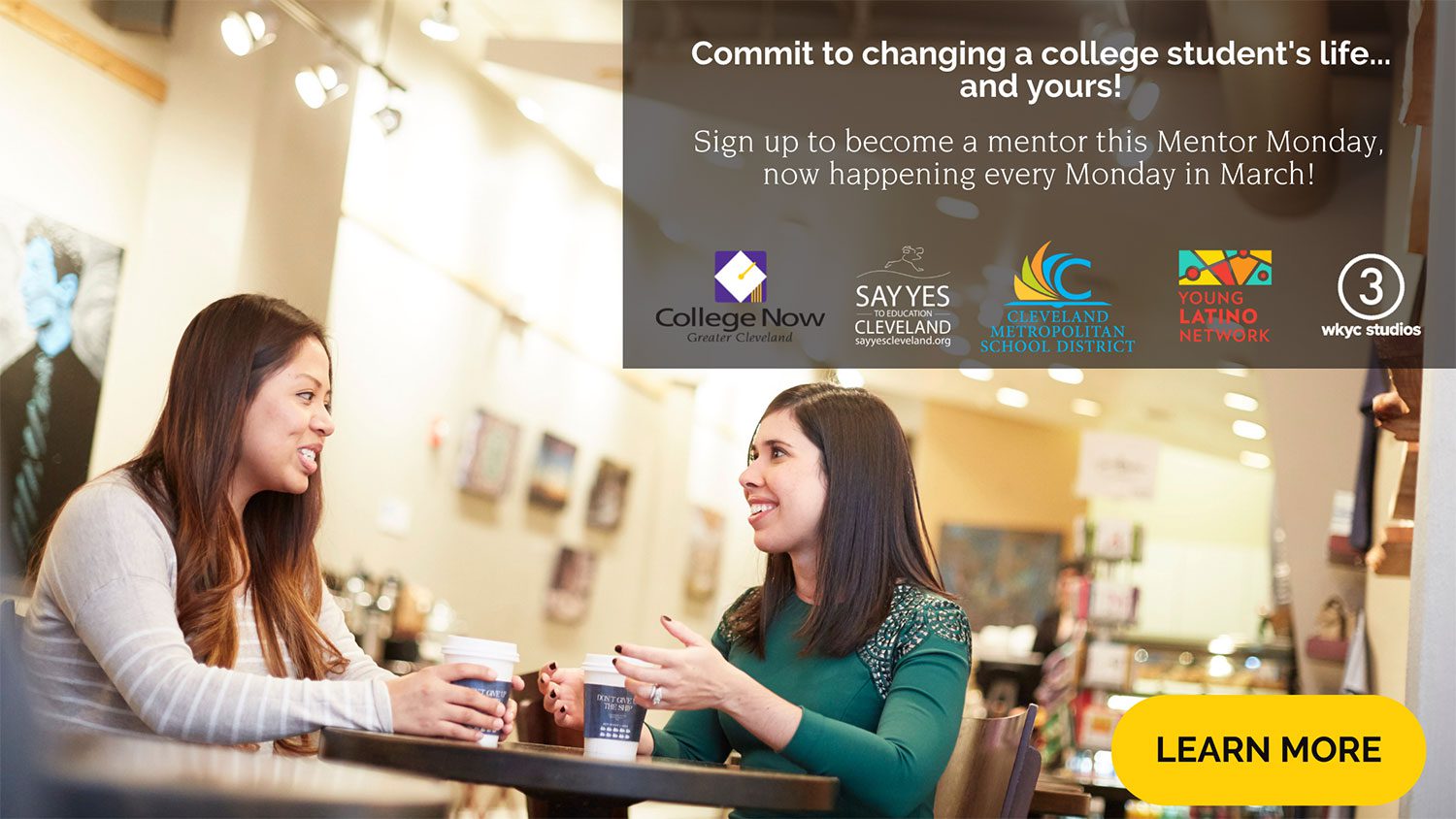College Now Interns on the Issues: Part 2 In our last blog post, we shared the college-going experiences of three College Now summer interns enrolled at three different colleges in the Midwest. Each college student chose their postsecondary institution based on cost, found ways to carefully balance, work, academics and extracurriculars, and expressed frustration with the financial aid process. As these students begin the second half of their undergraduate experience, they are still optimistic about their futures and the benefit their postsecondary education will have on their career opportunities. On their student-loan debt: Brianna wants to be an athletic trainer for the USA Women’s Track & Field team, which will require graduate education. She currently feels confident in paying for college, completing the FAFSA and paying off her loans. However, Brianna acknowledges the burden of student debt on many of her peers. “There are thousands of horror stories about [students] taking out several loans and drowning in debt,” Brianna said. “However, I was fortune enough to have people in my life teach me about college debt and different options when paying for college. I learned about outside scholarships and grants. College Now Greater Cleveland and Upward Bound connected me with a scholarship database. Upward Bound also walked me through my financial aid award letter explaining each scholarship and each loan, then explaining the loan repayment process.” Steph would also like to continue to graduate school and become a lawyer. She has worked diligently to avoid loans her freshman and sophomore year, and while she lost her Pell Grant eligibility this past spring, she is committed to graduating from college student loan debt free. She is especially grateful for the support she has received from College Now and the Jimmy Malone Scholarship. She is confident that if she graduates from undergrad without loans, she’ll be able to afford law school. Rachel is still figuring out her postgraduate plans, so she is not entirely sure how that will affect her ability to pay off her loans. “I’m hoping that I enter a career where I don’t have too much difficulty paying off loans while affording to live on my own, but I am a bit nervous about what will happen,” Rachel said. On the need for increase postsecondary attainment in Ohio: These young women understand why postsecondary education is so important for their own economic successes and the future of Ohio. Steph acknowledges that “the more educated you are, the more opportunities and options you have regarding career choices.” Brianna referenced Ohio’s skills gap and the growing demanded for skilled employees. “Ohio has a shortage of working-age adults,” she said. “If new jobs require postsecondary education, then college/university graduation rates must increase. However, Ohio is ranked dead last in enrollment growth. I was shocked to learn this! Then I thought, I do not attend a university in Ohio. I am enrolled in a university in Pennsylvania due to receiving more financial aid from that university. Ohio is ranked 45th out of 50 states in college affordability, meaning paying for your education is expensive and an investment.” On the need for affordable postsecondary options: Brianna believes that that the government should invest more in college, saying that “postsecondary education is literally an investment. Getting a degree is almost essential when job searching.” This caused Brianna to raise a question: “Why is college so expensive if getting a postsecondary degree is almost necessary? Some ask, shouldn’t college be free? I personally do not feel college should be free. I do, however, believe the cost of education is extremely expensive in America, and tuition should be reduced. College tuition increases each year, while financial aid simultaneously decreases.” In addition to increasing government aid, Brianna continues, “being educated on college debt is important. Understanding each loan, grant and scholarship offered to you is important. More college readiness programs should be offered teaching students about college debt and providing alternative ways to pay for college other than loans.” Steph agrees that “college shouldn’t be free, but it should be affordable.” Specifically, she said, “expecting students to pay off whatever amount is owed during the first week of school is ridiculous, and while we’re waiting for scholarship checks to come in, we’re charged for interest? The small fees that we’re required to pay add up.” Steph also questions why colleges continue to increase tuition. “Every year, tuition rises another thousand dollars – but why? Because the school rebuilt apartments on campus and requires all students to pay – even though you’re a commuter? I don’t have a solution to this question, but nothing in life comes free – and if it does, it’s because you have worked hard to get where you are.” On simplifying college access: In addition to keeping tuition and fees flat and increasing state and federal support for higher education, Steph recommends changes to current financial aid policy that would recognize the diversity of family circumstances. Steph firmly believes that “parental financial information should not be included during the FAFSA process” or at the very least, “there should be an option that allows you to check ‘yes’ or ‘no’ regarding parental financial support through college. In my case, my parents do not provide any financial support in my life whatsoever, and that’s how it has been since I was 16. The government does not take into consideration that there are different circumstances in every person’s life which can limit their ability to afford college.” Finally, to further close the talent gap and promote equity, Brianna believes that measures must be taken to “educate our children as early as possible, exposing them to colleges, universities, and trades to make the ‘life after high school’ decision less confusing. Getting students interested in postsecondary education will help them qualify for advanced jobs in the future. Ohio is creating the jobs opportunities, and now Ohio must produce more college and university graduates.” College Now was fortunate to have these bright, hardworking and ambitious young women as part of the team this summer. We are grateful that they were willing to share their personal stories. ]]>
College Now Interns on the Issues: Part 2




